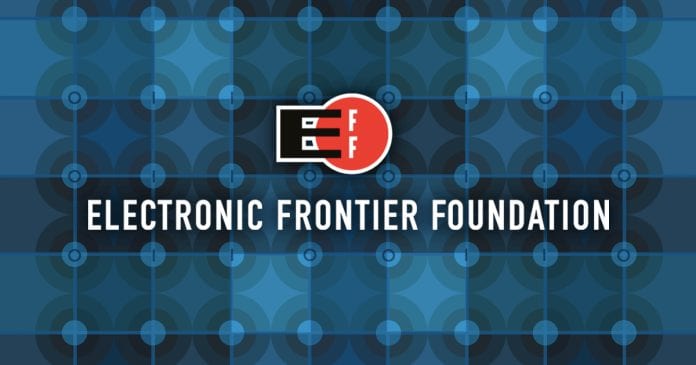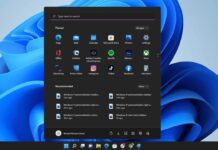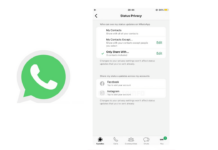On Tuesday, a complaint was filed against Google by Electronic Frontier Foundation – they alleged that Google secretly violates regular students’ privacy and the Student Privacy Pledge, possibly agreeing upon the rules and agreement signed by Google and other tech companies back in January 2015 not to go against Students Privacy Pledge, Google and these companies will use this data for educational purposes.
The Electronic Frontier Foundation claimed by Federal Trade Commission that Google collects students’ personal browsing history when any Students use Google educational application; Google stores all the activity of the students, such as from which device and which browser. Students basic need to use the Google Educational application but that, too, Google collects information.
Electronic Frontier Foundation Charged Google For Stealing Student’s Data
On Wednesday public post by Google: ‘Google refused allegation that it misleadingly tracks and stores students’ personal browsing data through its education services on Wednesday in an open post defending its privacy protections. “While we welcome the EFF’s attention on understudy information protection, we are sure that our devices follow both the law and our guarantees, including the Student Privacy Pledge, which we marked not long ago,” Jonathan Rochelle, Director of Google Apps for Education, wrote in a GAFE blog entry.
Google not only stores students’ data but also they are trying to get users’ experience so that they can improve their product to make it more user friendly as improving product offers to the selected student when they log in to Google account – the offer will be displayed to selected compatible users as per the record Google have the student might be interested in.
The promotion gathering claimed that the organization, which is a piece of Alphabet Inc., utilizes the information it gathers to construct “behavioral profiles on understudies when they explore to Google-worked locales outside of Google Apps for Education,” which would incorporate destinations, for example,, Blogger and YouTube. The EFF said that Google relates this sort of perusing action with understudies’ instructive records and afterward conveys promotion to them on these non-instructive locales.
As such, when an understudy signs into their instructive record and afterward uses Google News to make a report on ebb and flow occasions, or inquires about history utilizing Google Books, or has a topography lesson utilizing Google Maps, or watches a science video on YouTube, Google tracks that action and bolsters it into a notice profile connected to the understudy’s instructive record – even though Google realizes that the individual utilizing that record is an understudy, and the record was made for the instructive purpose.



